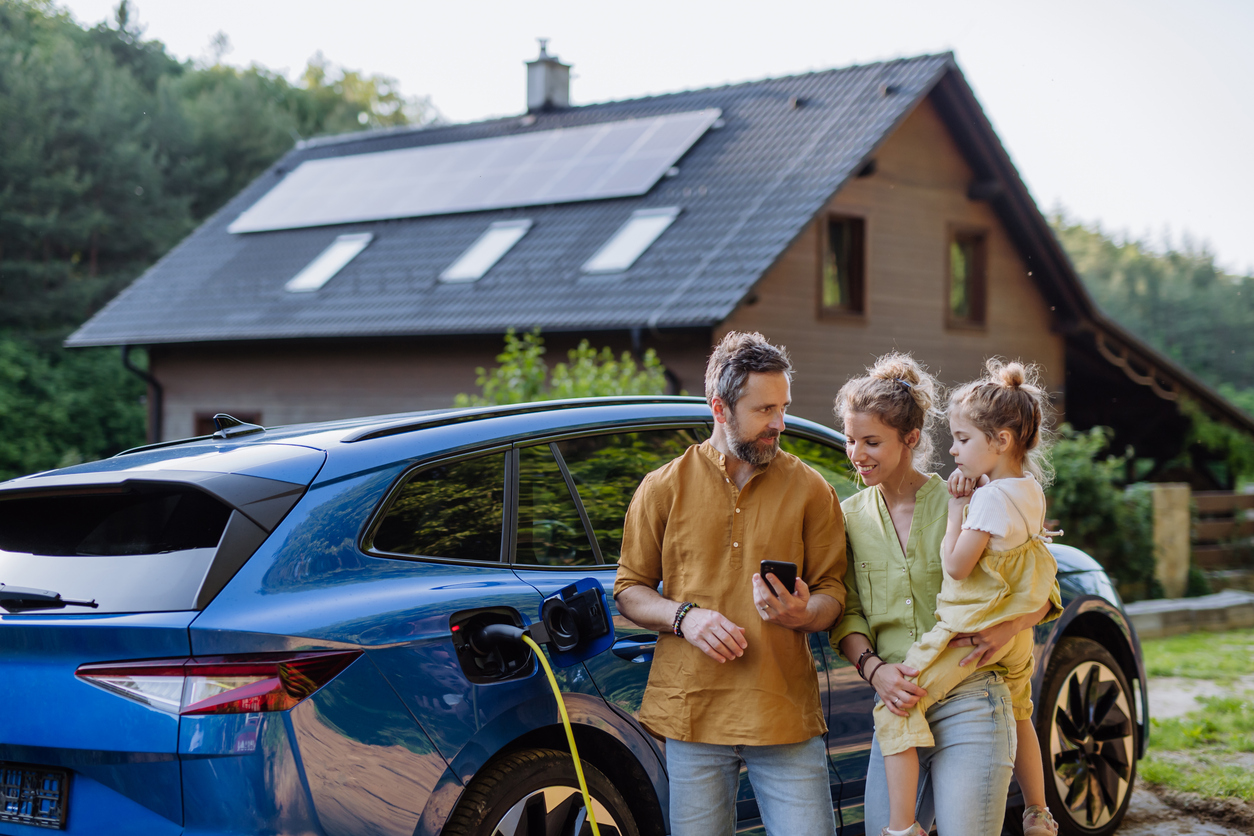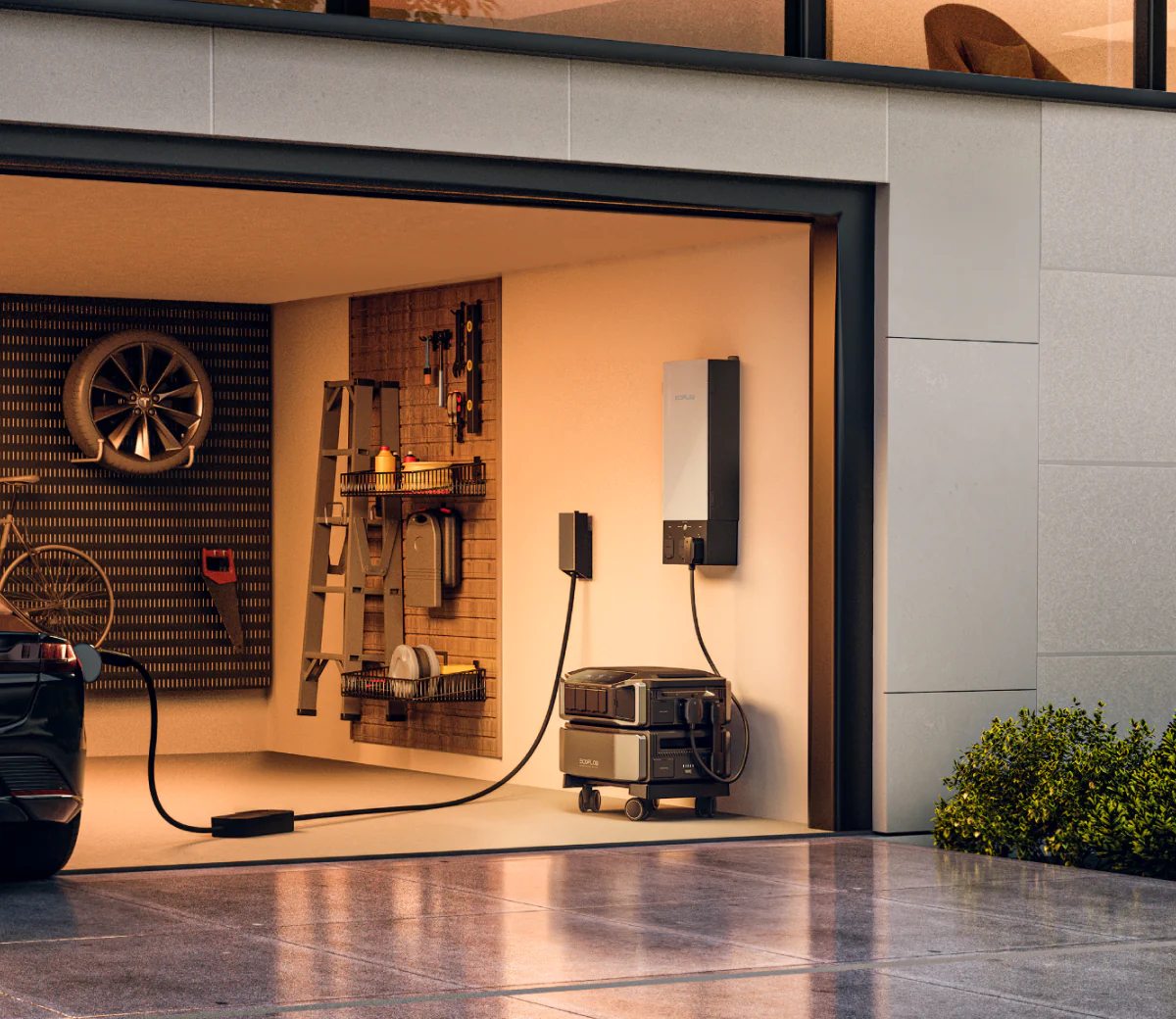With the rise in electric vehicle (EV) ownership, equipping your home with an EV charger has become a significant consideration. The right home EV charger not only ensures convenient and effective charging but also can enhance your EV experience by significantly reducing charging times compared to standard outlets. When selecting an EV charger for home use, it’s essential to consider your vehicle’s requirements, desired charging speed, and the specifics of your home’s electrical system. Here’s a guide to help you navigate the criteria for choosing the right EV charger for your home.
Understanding Charger Levels
Charger Levels
Home EV chargers come in primarily two levels – Level 1 and Level 2. Level 1 chargers utilize a standard 120-volt outlet, while Level 2 chargers require a 240-volt outlet, similar to what large appliances like dryers use.
Charging Speed
Level 1 chargers offer slow charging, typically suitable for overnight use or for vehicles with smaller battery capacities. In contrast, Level 2 chargers provide significantly faster charging, making them more suitable for daily use and vehicles with larger batteries.
Criteria for Selecting a Home EV Charger
Vehicle Compatibility
Ensure the charger is compatible with your EV. While most chargers use a standard connector (J1772 for most models, Tesla vehicles use a proprietary connector but adapters are available), verifying compatibility is critical.
Desired Charging Speed
Consider your daily driving routine to determine the charging speed you need. If you frequently deplete your battery or need quick turnarounds, a Level 2 charger will be more appropriate.
Future-Proofing
Opting for a charger with a higher capacity than your current needs can accommodate future vehicles with larger batteries or faster charging capabilities.
Electrical System Capacity
Evaluate your home’s current electrical system to determine if it can support a Level 2 charger, which may require a dedicated 240-volt circuit. Consultation with a certified electrician can provide insights into necessary upgrades.
Smart Features
Many modern EV chargers offer smart features like scheduling, remote access, and usage tracking. These features can help manage charging during off-peak electricity rate periods, monitor energy use, and control the charger via smartphone apps.
Portability and Installation Location
Decide whether you want a portable charger that plugs into an existing outlet or a permanently installed unit. Also, consider where the charger will be installed in relation to your parking space and whether you’ll need an outdoor-rated charger.
Warranty and Support
Look for chargers with robust warranties and reliable customer support. A warranty of at least 3 years is preferable, and manufacturers with strong customer service can offer peace of mind.
Cost and Incentives
Factor in the cost of the charger and any necessary electrical upgrades. Additionally, explore local, state, or utility incentives that can offset the purchase and installation costs.
Choosing the right EV charger for your home involves a careful consideration of your current and future needs, the capabilities of your vehicle, and the specifics of your home’s electrical infrastructure. By selecting a charger that aligns with your requirements and offers the desired convenience and charging speed, you can significantly enhance your overall EV ownership experience. Leveraging available incentives and prioritizing features that cater to your lifestyle will ensure that your investment in a home EV charger delivers the maximum benefit and supports your transition to sustainable electric mobility.



